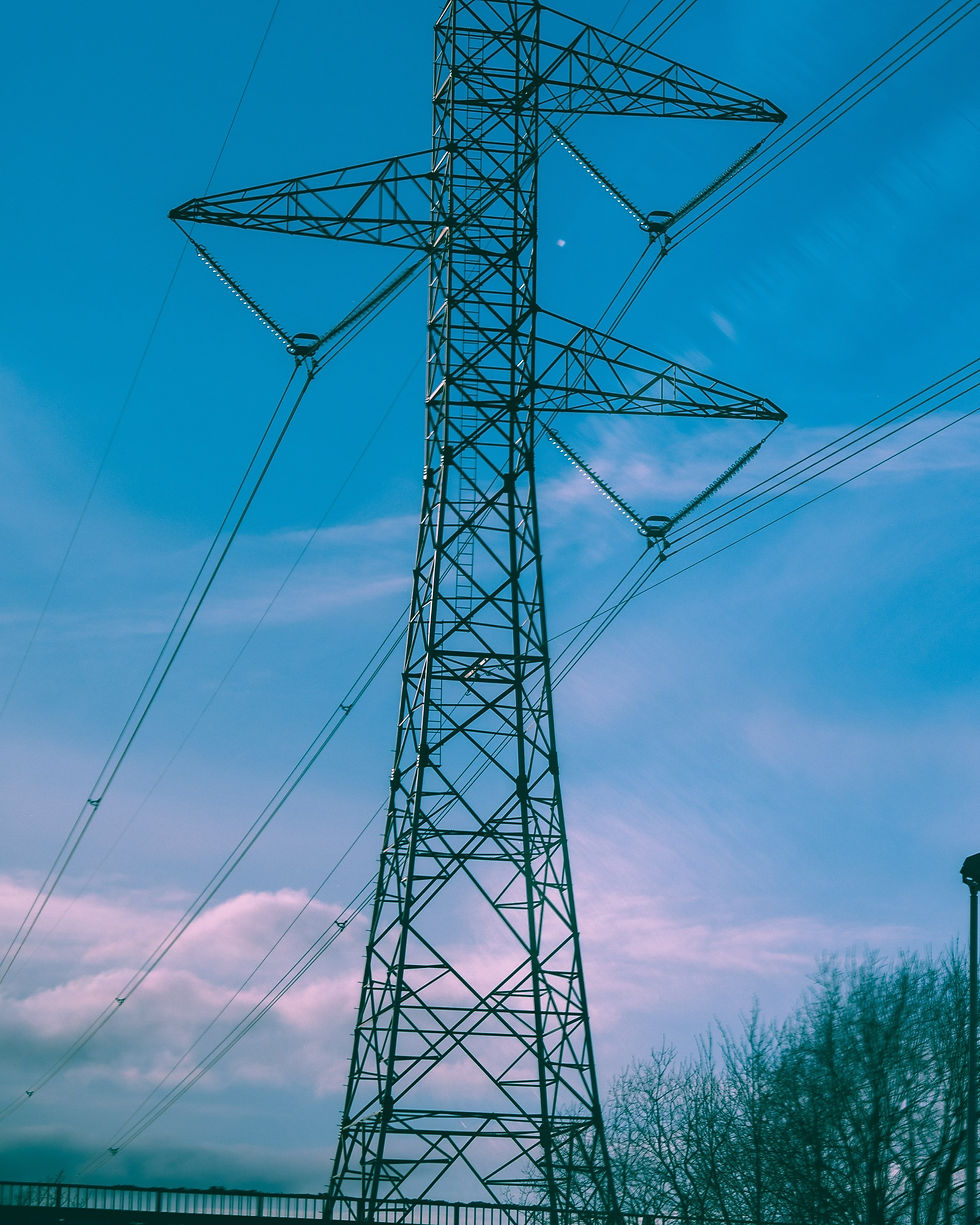
One of the important questions to ask when you are deciding on a rental is, "who pays the utilities?". This is something you need to find out before you sign a lease so you can know for sure that you're budgeting correctly. If you are renting a space within a home (possibly a room or studio within a house), you may see that your utilities are included. When you rent an apartment, villa, or a house, this most likely won't be the case.
Here is a list of utilities you need to consider when renting. The place you are renting may or may not have all of these. You'll want to find out what's available, which companies are the providers (get their contact information), who pays for it (the renter or the landlord), and if possible, what the approximate monthly costs typically are for each.
Electric: find out what the electric covers for the property you are considering renting. Is it just used for the typical things like air conditioning, running small appliances, and lights? Is electric used for heating, drying clothes, and cooking? If so, that can make a big difference in what you are used to paying for electric.
Gas: check to see if the place you are looking at has natural gas and see what it is used for.
Cable or TV Options: find out if cable is already run and ask for information about the companies that are your options. If cable isn't already run and you want it, check to see if that would be OK with your landlord. Some places already have a DirecTV dish or a dish from Dish Network on them - find out what your options are. Many landlords won't allow you to have one of these companies install a dish on their property, so be sure to check before you set up to have this done.
Internet: ask about your options and see if service is already provided at the location. Prices vary considerably for Internet service, so think about your needs. If you use the Internet for work or if you like to stream, you may need a higher faster speed than someone that just checks email and casually browses. Find out if the companies allow you to bundle services together to save money.
Phone: you may or may not be interested in having a home phone line; many people just rely on having a cell phone. If you want home phone service and you plan on having cable or internet, see if you can package these items together.
Water: find out if the home has a well or if it has city water. If it has city water, there will be costs involved, so check with your landlord to see who covers this bill.
Sewer: check to see if the home has a septic tank or city sewer. Again, find out if you'll be responsible for paying this bill.
Garbage: trash pickup is a service that is typically provided by a single provider at an address, meaning you won't be able to choose who you use. Ask if garbage pickup is included in your rent or if you'll need to pay extra for this.
Security System: if the property you're renting has a security system, ask the owner who will be responsible for paying the monthly costs of it.

Suggestion: check with your landlord and/or the utility companies directly to see what the cost history has been. That way, you'll have a better idea of what your utility costs will be before you move in. Realize that at certain times of the year, costs tend to increase (electric - air conditioning in the summer) or decrease (gas - heating in the winter) based on usage.
Looking for a Leesburg Florida rental? Check out our available rental properties in gated communities with amenities!

Comments